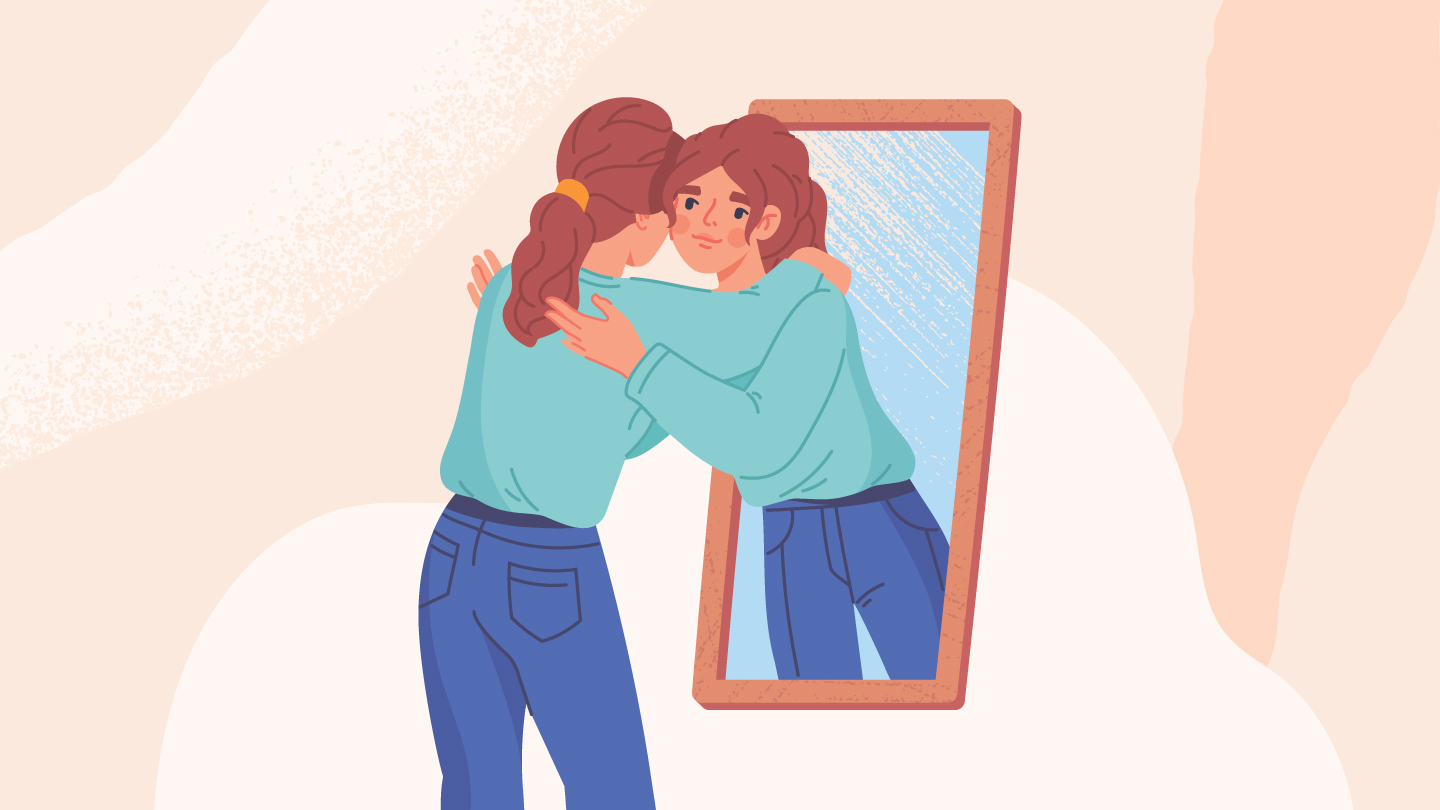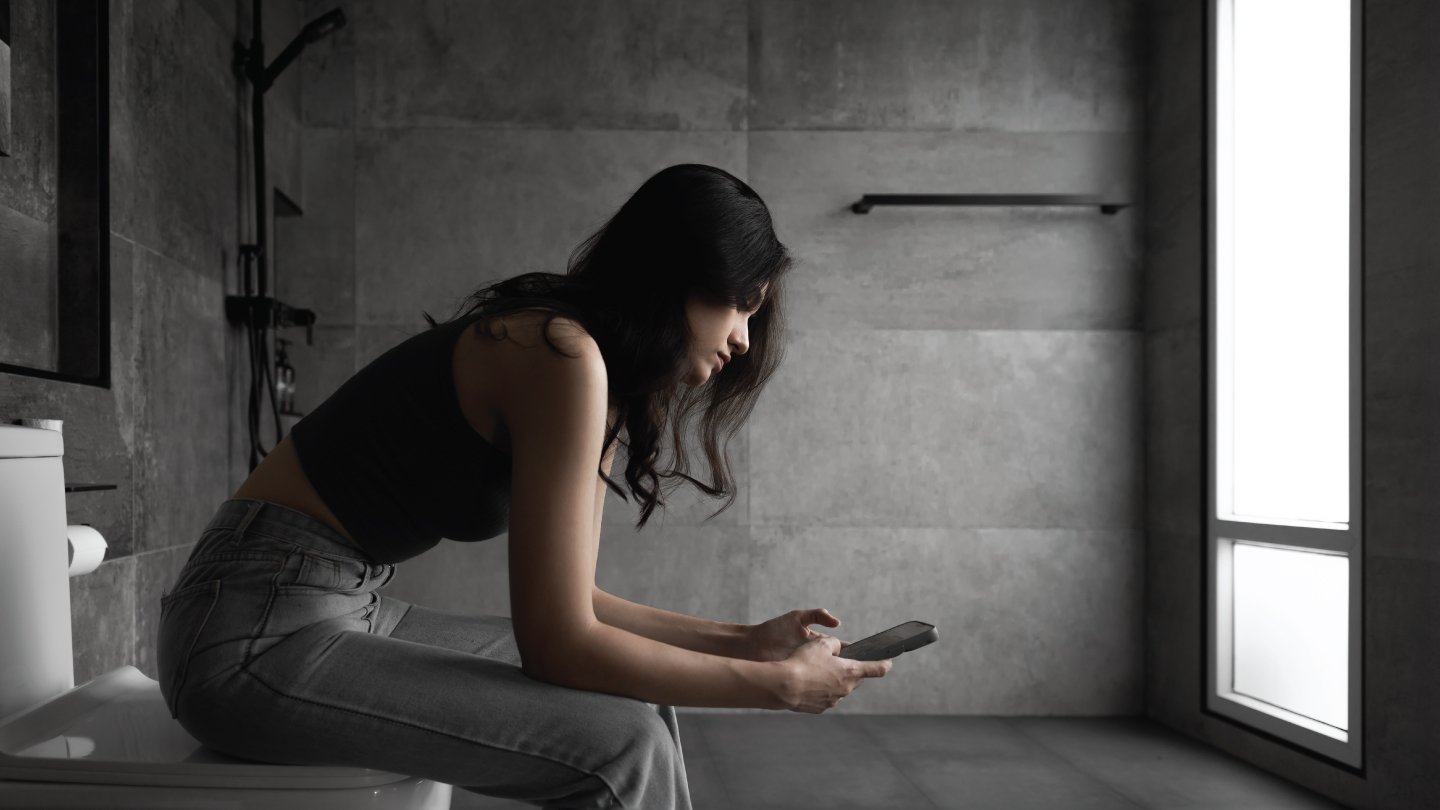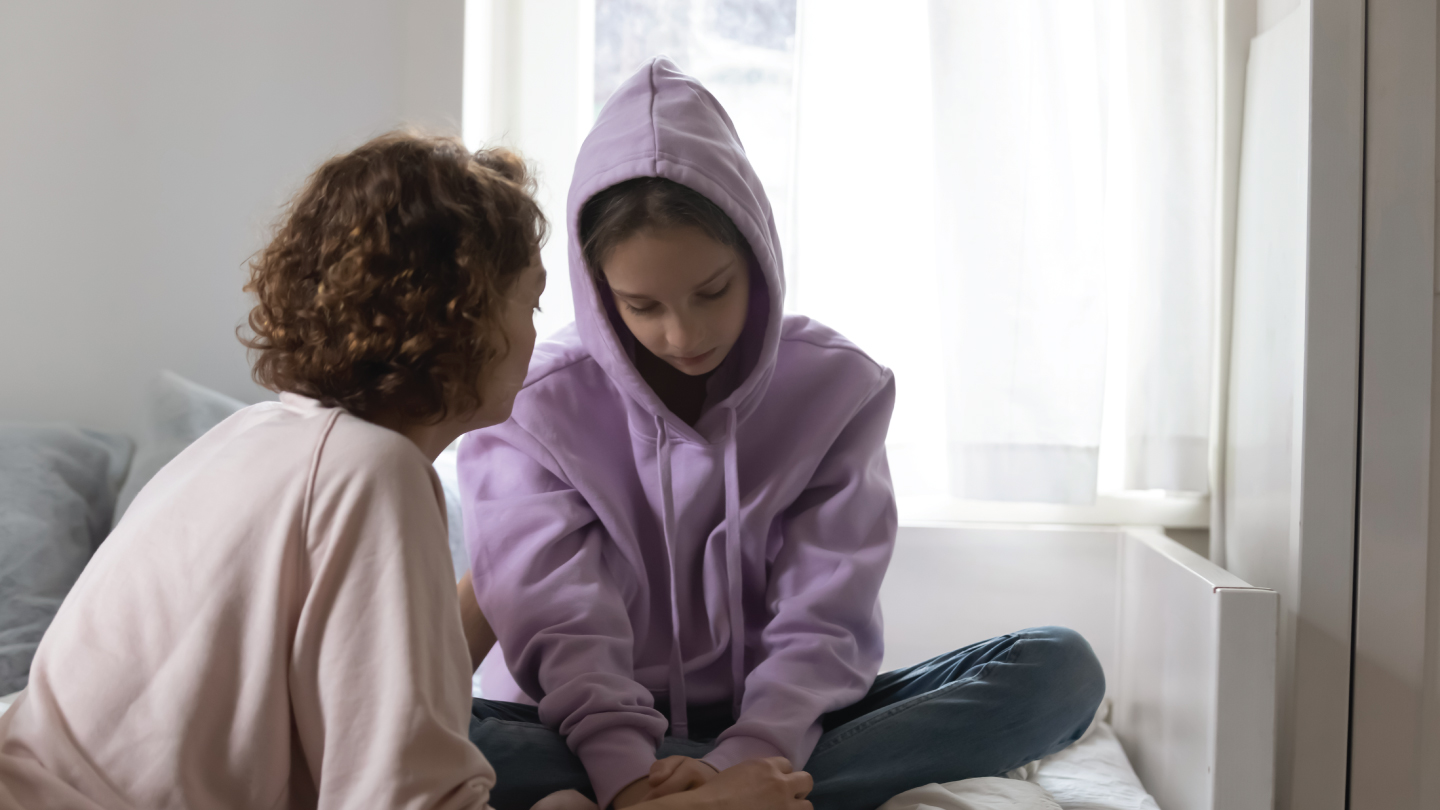Mental Health
Insomnia and Loneliness: The Hidden Loop Impacting Your Mental Health
Googling “insomnia meaning” or “melatonin tablets” at 2 AM? You’re not alone. Turns out, insomnia and loneliness fuel each other and breaking the cycle could change your mental health.

We often treat insomnia and loneliness as separate issues but research reveals they are deeply connected. A growing body of evidence shows that poor sleep doesn’t just make you tired, it also makes you feel disconnected. And feeling socially isolated can, in turn, make it harder to sleep. This creates a vicious cycle that silently harms your emotional and physical well-being.
A 2023 meta-analysis spanning six large-scale studies found a moderate positive correlation between insomnia and loneliness. In simpler terms: As your sleep quality drops, your feeling of loneliness increases and vice versa.
Related article: 20 Things You Didn't Know About Insomnia
Numbers Don’t Lie
According to a study published in Sleep Health, older adults who reported loneliness were 1.75 times more likely to suffer from poor sleep. Another 3.5-year longitudinal study of 9,400 adults aged 50+ in the U.S. found that people who initially had no insomnia were significantly more likely to develop it later—if they felt lonely.
Even younger adults aren’t spared. A Korean study of university students revealed that insomnia led to “thwarted belongingness”, a psychological marker of loneliness which in turn contributed to suicidal thoughts.
Related article: Sleep Disorders-Types, Impact and Treatment of Insomnia
Why Does This Happen?
Sleep and social connection are regulated by some of the same brain systems, including those linked to stress, anxiety, and emotional regulation. When you’re lonely, your brain may enter a state of hypervigilance, constantly scanning for threats. This makes it difficult to wind down and fall asleep.
A COVID-era survey of 1,662 young adults showed that loneliness and anxiety independently predicted poor sleep, with anxiety acting as a key mediator. Simply put: when you’re anxious and feel emotionally isolated, your brain doesn’t get the “safety” signals it needs to enter deep, restful sleep.
Related article: Signs That You’re Mentally And Emotionally Exhausted
The Cycle Works Both Ways
While loneliness fuels insomnia, the reverse is also true. Chronic sleep deprivation reduces energy, motivation, and social engagement—making it harder to build or maintain relationships. In a Mendelian randomization study from China, insomnia was linked with lower participation in social clubs and community groups, especially in older adults.
The Good Part? You Can Break the Loop
- Address Both Sleep and Emotional Health Together: Interventions like Cognitive Behavioral Therapy for Insomnia (CBT-I) work even better when paired with group support, community engagement, or social skill-building programs.
- Don’t Ignore Loneliness: Many people seek help for sleep issues, but not for emotional isolation. Practicing digital detox before bedtime, joining group classes, or simply calling a friend regularly can help rebuild those emotional bridges.
Related article: Awkward About Socialising Again? 4 Ways To Ease Back Into Normalcy
- Practice Mindful Wind-Down Rituals: Techniques like progressive muscle relaxation, deep breathing, and Journaling for gratitude or connection have been shown to reduce sleep onset time and improve emotional connection.
- For Employers & Colleges: Promote Belonging: Workplaces and educational institutions should incorporate mental wellness programs that recognize social connection as a pillar of sleep health—not just a soft skill.
Related article: Wellness Tips To Improve Your Mental Health At Work
We know that insomnia and loneliness are not just symptoms—they are mutually reinforcing conditions. If you're sleeping poorly and feeling isolated, addressing both sides of the equation is essential.
Investing in sleep hygiene is important, but equally critical is investing in emotional connection. Whether it’s joining a walking group, reducing screen time, or seeking therapy, small steps can break the insomnia-loneliness cycle, improving both mental and physical health.
Mindfulness 101: Bring calm into your day with these daily tips. Sign up here.
EXPLORE MORE
You train hard, eat clean, and tick every fitness box, yet your mirror feels like an enemy. Dr Sandeep Vohra explains why body image struggles often linger and offers ways to shift your perspective.
The way we travel to work shapes our mood, stress response, and even long-term brain health. Explore how daily commute stress impacts your mental health.
The need for solitude and emotional regulation has made people adopt a quirky yet telling Gen Z self-care ritual, known as Bathroom Camping!
Society often calls them “too emotional.” Dr. Sandeep Vohra explains that high sensitivity is a biological trait, and with it can come both remarkable strengths and mental-health vulnerabilities.









.jpg)


